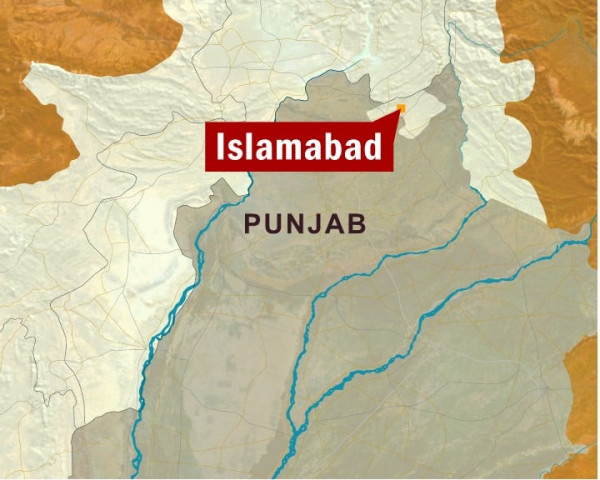Education: Devolution set back quest to achieve MDGs
Minister cites budget, lack of coordination among provinces, absence of national policy.

Minister cites budget, lack of coordination among provinces, absence of national policy.
According to Minister for Education and Training Sheikh Waqas Akram, the devolution of education and its effects — the absence of a national policy to enroll 25 million children in schools and untimely allocation of funds — are why Pakistan seems unlikely to achieve MDGs by the target year — 2015.
The minister was speaking in the National Assembly while replying to a question from MNA Imrana Saeed.
“To be more specific, there are six MDGs the country is struggling to achieve,” he said.
However, he continued, Pakistan has achieved targets regarding the expansion of early childhood education (ECE) and enrolment of new entrants to primary grade 1 from ECE.
On the reasons for failing to achieve the goals, the minister directed the attention of the house to roughly 25 million children between the ages of three and 16 who are out of schools. “There is no established system to get them enrolled,” he said.
According to a report prepared by Society for the Protection of Rights the Children on ‘The State of Pakistan’s Children’ released in 2011, (citing the National Education Census 2006 data), overall net enrolment in pre-primary education is 43 per cent — 45 per cent for boys and 40 per cent for girls.
“Provincially, the net enrolment ratio is highest in Punjab, with 61 per cent, followed by Sindh, Khyber-Pakhtunkhwa and Balochistan with 53, 51 and 47 per cent, respectively,” said the report.
“It is difficult for Pakistan to achieve the targets set in the MDGs with the current funding.”
Among the other main reasons for the failure, the minister hinted at the slow pace of funding disbursal.
“Low investment in education makes it impossible for the country to harvest returns.” He continued, “If the allocations were made from the year the MDG targets were set, the country would have achieved the goals by now,” he said. He stated that the ministry is also focusing on uniform and uninterrupted issuance of salaries to the teachers, which is one of the deficiencies in executing such plans and programmes.
No rural plans
“People in poverty-stricken areas are not ready to send their children to schools because they assist the family in earning livelihoods and no comprehensive plan is in the offing to address this grave issue,” he remarked.
People in tribal areas and other such regions are not willing to send girls to schools because of cultural and patriarchal reasons and there is also not any national plan to address this issue effectively, he added.
Pointing towards the most ignored aspect, the minister said, after devolution of education ministry, coordination became weaker between provinces, international agencies and countries looking to upgrade education.
“The issue has now been settled after renaming the ministry as the Ministry of Education and Training,” the minister claimed.
Provincial governments, he said, are faced with the challenge of ensuring effective expenditure in the meagre budget allocation.
Talking about education spending compared to that of other countries, the minister said it is very low in Pakistan. “There is no effective mechanism to bind the federal and provincial governments to allocate resources in their annual budgets to achieve Universal Primary Education and other MDGs.”
Akram was of the view that Pakistan need to allocate around 4.5 per cent of GDP in the year 2013-14 to gear up activities to achieve MDG-II.
Published in The Express Tribune, January 28th, 2013.



















COMMENTS
Comments are moderated and generally will be posted if they are on-topic and not abusive.
For more information, please see our Comments FAQ